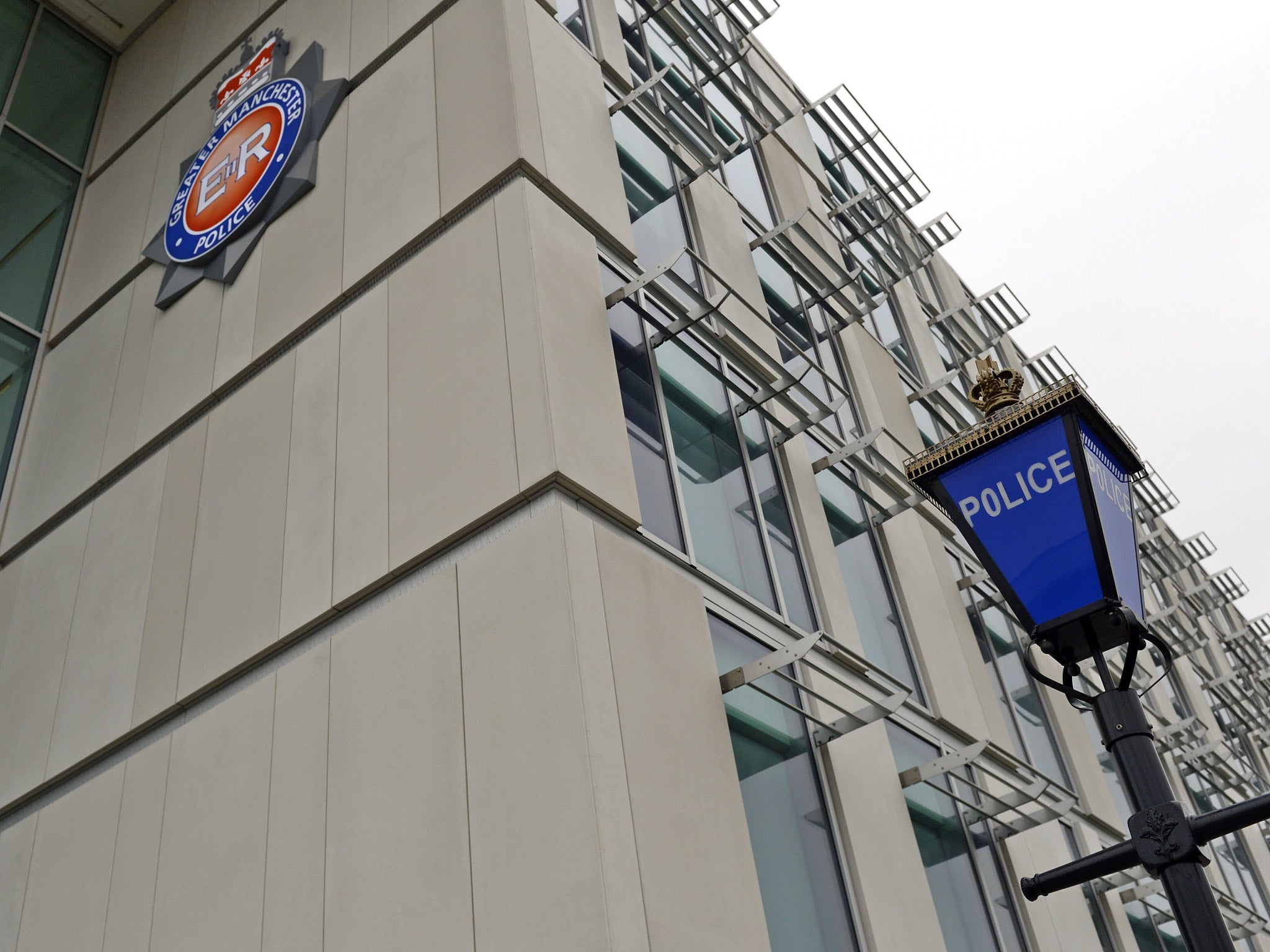Police racism: Top forces in the dock over failure of 94 discrimination inquiries
IPCC says complaints made by members of the public are 'poorly handled from beginning to end'

Three of Britain’s biggest police forces face damning criticism over their failure to hold racist officers to account after it emerged that their internal investigations have failed to uphold a single discrimination complaint from members of the public.
Complaints were poorly handled from “beginning to end” and inquiries were found to be riven with failings – even when the officers being investigated left racist messages using social media and police-issue mobile phones, a watchdog found in a report.
In one case, a chief superintendent who was applying to join the most senior ranks was allowed to keep his job despite sending lewd, demeaning and offensive texts on his phone that warranted dismissal, said the Independent Police Complaints Commission.
Critics said the report showed that the forces had failed to learn from the findings of the Macpherson report into the racist murder of Stephen Lawrence, which included a recommendation that any officer using racist words or acts should usually be dismissed.
The report examined 94 internal investigations carried out after 170 public complaints about three forces – West Midlands, West Yorkshire and Greater Manchester – and found that none of these discrimination complaints was upheld.
The watchdog could not even say if the forces had come to the right conclusions because the investigations had been so bad. Some of the inquiries failed to interview the complainant or the accused officer, and others failed to check whether there had been a pattern of previous behaviour.
One officer refused to cooperate with the local inquiry on advice from the Police Federation, which represents rank-and-file officers, and answered “no comment” in an interview. No further inquiries were detailed on the file, the report said.
“We found that all three forces are failing at every stage of the process to investigate discrimination allegations properly in a customer-focused way,” the report said.
IPCC Chair Dame Anne Owers said: “Our findings are stark – generally complaints of discrimination made by members of the public are poorly handled from beginning to end – in relation to the way the complaint is investigated, the conclusions drawn and, importantly, the contact with the complainant.”
The study followed an earlier report into the Metropolitan Police which revealed weaknesses in dealing with complaints.
Detective Chief Superintendent Paul Rumney, head of Greater Manchester Police’s Professional Standards Branch, said: “The IPCC report is a clear cause for concern and I welcome the scrutiny placed on this important issue.”
West Yorkshire police Deputy Chief Constable Dee Collins said: “We are very disappointed with the suggestion that we are ‘failing at every stage’, however we recognise there are some improvements to be made.”
Deputy Chief Constable Dave Thompson, of West Midlands police, said: “The report suggests the forces do not appear to have a good understanding of the communities they serve and we look forward to understanding how the IPCC have reached this conclusion.”
Coroner’s report: Collusion perception
A coroner’s report into the fatal police shooting of Mark Duggan found that a “perception of collusion” was created after officers were allowed to sit together in a room for hours to make their statements in the aftermath of the operation. Judge Keith Cutler said initial reports by the officers were universally bland and uninformative following the shooting in August 2011 that sparked riots in Tottenham which spread across the country.
“Whatever the circumstances it is always tragic when someone dies at the hands of the police and it is important that we are willing to learn from every incident to help us develop our procedures and tactics,” he said.
Scotland Yard said it introduced new rules in 2011 to restrict conferring between officers after a fatal incident.
